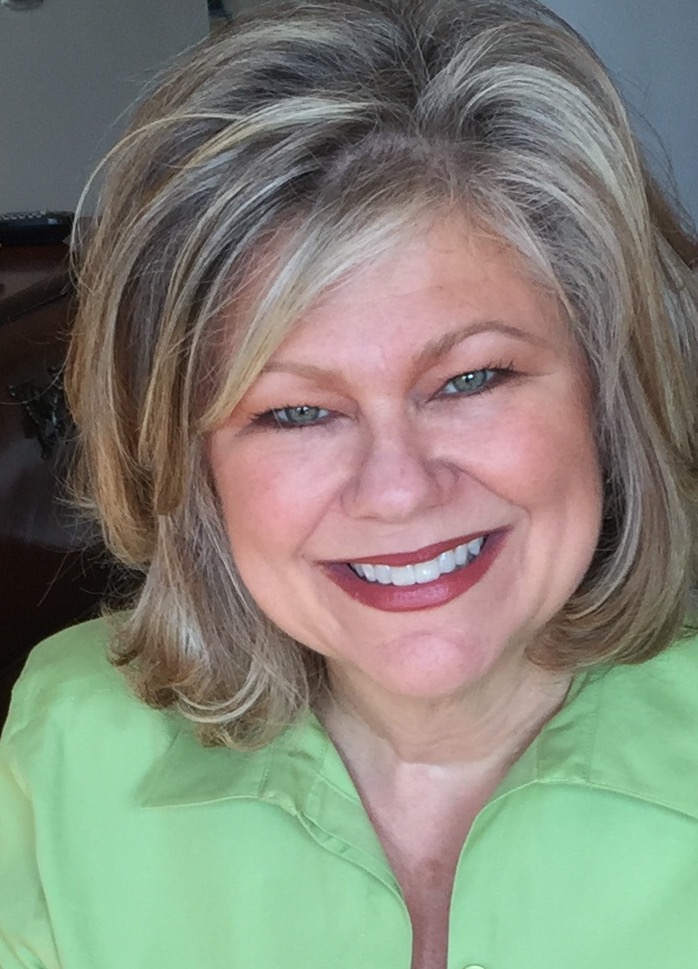Editorial
Greta Muller
WWR Article Summary (tl;dr) Presentation coach, author and speaker Greta Muller shares her first-hand account of meeting and working with several young women who escaped the terrorists of Boko Haram.
New York
I have spent the last 20 years coaching speakers, executives, and busy professionals of all levels, emphasizing the concept that how they say something has more impact than what they say.
This is a concept that has been researched and proven many times: your “audience” may not remember exactly what you say, but positive or negative, they will form impressions of your credibility. The more positive the impression, the more likely they are to accept your message.
Recently I was engaged to work with two young women- girls, really, teenagers- who came to the United States to share their stories of abduction by, and ultimate escape from, Boko Haram terrorists.
They would be speaking to the Senate, State Department, United Nations, celebrities, and more. They had never publicly spoken of their ordeals, nor did they speak English. This trip was only their second airplane ride and the first was to get their passports.
Hauwa (18) and YaKaka (19) had been kidnapped from their homes at the ages of 15 and 16. Hauwa watched while her parents were murdered; her abductor slit their throats when they refused to give their permission for her to marry.
This was not marriage in any sense we understand it. For almost a year she was beaten, starved and raped daily until her escape, at which time she was nine months pregnant. And these are only a few of the horrifying aspects of an unimaginable ordeal.
I was brought in by their sponsoring organization, Too Young To Wed (www.tooyoungtowed.org) to “coach” these girls.
Upon meeting Hauwa and YaKaka, I quickly felt a strong, protective bond. The strength and courage of these young women was inconceivable- but they would be facing numerous alien encounters.
For the first time since I began coaching, almost everything I believed to be true or important was called into question and I knew I was not there to “polish” the delivery of their stories. I would not simply tap into coaching modalities that I knew to be successful. The rudimentary elements almost anyone can call to mind (good eye contact!) were absurd.
The meeting rooms, the weather, (they were always chilled) exotic smells, and even the clothes, hair and demeanor of audience members, who would be free to ask them direct questions, could prove over-whelming.
Some of their interviewers would be men. Strong men in professional suits, sitting across large desks. I certainly had no control over their demeanor. Would they be aware of how their voice, facial expressions and body language might intimidate the girls?
The focus of my work became clear: help them have as much confidence as possible in strange circumstances by preparing them for the unfamiliar.
I also knew they would need guidance in structuring their stories. A year and a half had passed since their escapes. What would it be like for them to regurgitate these memories and verbalize accounts of torture they most likely seek to suppress?
All our work had the added stress of being done through an interpreter, Shehu Abubakar, a trusted friend and noted Nigerian journalist.
The first time I approached them with the question of nerves or anxiety about speaking, the answer quickly came back, “We are capable; we are up to the task.” Of course they were.
They had risked their lives to escape with nothing but the clothes on their backs. Nervous about talking? They must have thought me ridiculous. But I knew. The most capable professionals I’ve ever met can crumble under the pressures of public speaking. I knew they might experience strange sensations and not even know what they were.
I showed them how to breathe deeply – this dissipates anxiety. They saw it as a game. I told them it was acceptable to pause, breathe and take their time. They listened. I was elated to see them take the deep breaths and pause.
I almost cried when after speaking, YaKaka once found me through hooded eyes and I saw she needed approval. I nodded, smiled and gave the universal thumbs up. She glanced quickly down with a slight smile.
If telling their stories meant financial aid and assistance to other girls in these circumstances, they told me they would gladly tell it 100 times and answer a million questions. These girls would not be distracted. Their focus and sincerity provided all the necessary emotional engagement an audience required.
In this week-long experience, I believe I received more than I gave. The turning point for me was the moment I became willing to release my expertise in order to respond in the moment. That is what provided the necessary tools to be most effective. I trust in the coaching process and my faith in its power increased. My experience had taught me when to let go of what I knew and when to accept what I had to learn.
(Greta Muller is a Presentation Coach, Author and Speaker based in New York City. You can contact her by greta@gretamuller.com or by visiting her websites www.gretamuller.com or www.c3nyc.com)














































































































































































































































































































































































